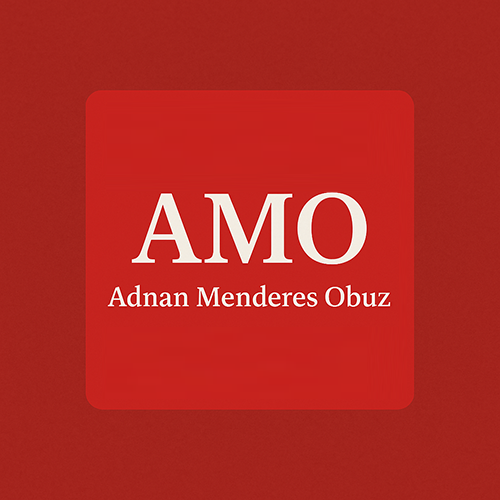France’s snap election (called by President Macron) sees a surge in far-right support
In a surprising turn of events, France’s snap election called by President Emmanuel Macron has seen a surge in support for far-right political parties. The National Rally, led by Marine Le Pen, has made significant gains in the polls, signaling a shift in the country’s political landscape.
President Macron called for the snap election in response to ongoing protests and widespread discontent with his government’s policies. The pandemic, economic downturn, and social unrest have eroded Macron’s popularity, leading to calls for change from the public.
The National Rally has capitalized on this dissatisfaction, presenting itself as a viable alternative to Macron’s centrist policies. The party’s anti-immigration stance, skepticism towards the European Union, and focus on national sovereignty have resonated with a segment of the French electorate.
The surge in far-right support has raised concerns among mainstream political parties and international observers. The rise of populism and nationalism in Europe has been a cause for alarm, with far-right parties gaining ground in several countries in recent years.
The outcome of France’s snap election remains uncertain as the National Rally and other parties jockey for position in a crowded political field. Macron’s En Marche party is facing a tough challenge as it seeks to retain power and push ahead with its reform agenda.
The surge in far-right support in France reflects broader trends in European politics, with populist movements gaining traction in many countries. The rise of anti-establishment sentiment and backlash against globalization and multiculturalism have fueled the appeal of far-right parties.
As the election campaign heats up, French voters will have a crucial decision to make about the future direction of their country. The outcome of the election will have far-reaching implications for France and for Europe as a whole.
President Macron and his rivals are now entering the final stretch of the campaign, with debates, rallies, and media appearances shaping the public’s perception of their policies and leadership qualities. The stakes are high, and the outcome of the election is likely to have a lasting impact on the political landscape of France and the wider European Union.
In conclusion, France’s snap election has seen a surge in far-right support, signaling a shift in the country’s political dynamics. The rise of the National Rally and other populist parties reflects broader trends in European politics and poses a challenge to mainstream parties and leaders. The outcome of the election remains uncertain, but one thing is clear – French voters are facing a historic decision about the future direction of their country.
